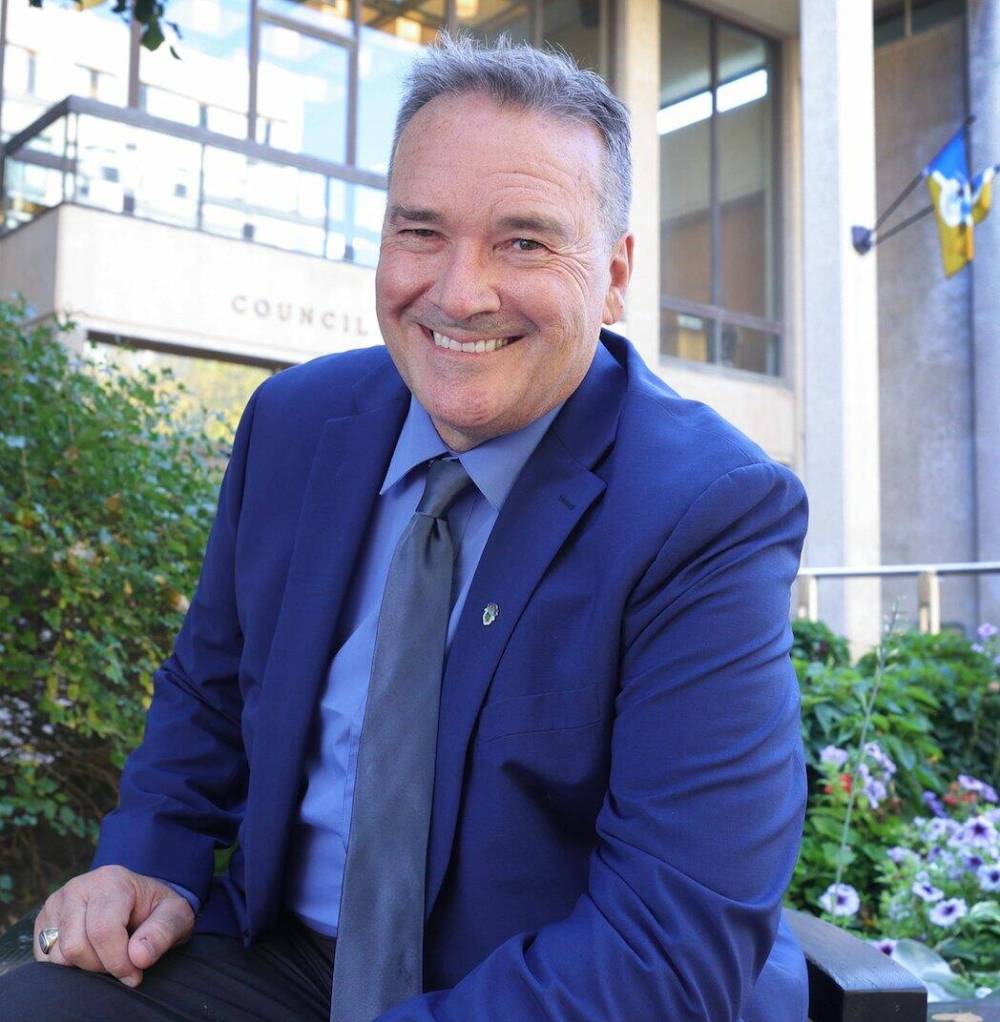Finding applicants for a tough job
Advertisement
Read this article for free:
or
Already have an account? Log in here »
To continue reading, please subscribe:
Monthly Digital Subscription
$0 for the first 4 weeks*
- Enjoy unlimited reading on winnipegfreepress.com
- Read the E-Edition, our digital replica newspaper
- Access News Break, our award-winning app
- Play interactive puzzles
*No charge for 4 weeks then price increases to the regular rate of $19.00 plus GST every four weeks. Offer available to new and qualified returning subscribers only. Cancel any time.
Monthly Digital Subscription
$4.75/week*
- Enjoy unlimited reading on winnipegfreepress.com
- Read the E-Edition, our digital replica newspaper
- Access News Break, our award-winning app
- Play interactive puzzles
*Billed as $19 plus GST every four weeks. Cancel any time.
To continue reading, please subscribe:
Add Free Press access to your Brandon Sun subscription for only an additional
$1 for the first 4 weeks*
*Your next subscription payment will increase by $1.00 and you will be charged $16.99 plus GST for four weeks. After four weeks, your payment will increase to $23.99 plus GST every four weeks.
Read unlimited articles for free today:
or
Already have an account? Log in here »
Hey there, time traveller!
This article was published 08/12/2023 (716 days ago), so information in it may no longer be current.
At first glance, it seems like a job nobody would want.
The City of Winnipeg is seeking recruits for its Transit security force, whose officers, unarmed, will be tasked with protecting passengers and drivers from the myriad threats and disruptions that have become commonplace aboard the city’s besieged public-transit system.
It’s a role whose complexities would be daunting to even the most ambitious and qualified of applicants — performing what are essentially law-enforcement functions without access to many of the tools (such as firearms or Tasers) available to actual police officers, with the expectation that their mandated non-violent crisis intervention will be coupled with an emphasis on linking those causing the often-violent disturbances on buses with the resources and supports necessary to address the mental-health and addiction issues that motivate their actions.

RUTH BONNEVILLE / FREE PRESS FILES
Community Safety Team leader Bob Chrismas
Officers will be outfitted with protective body armor, handcuffs and slash-resistant gloves, as well as batons which could be used in emergency situations, and will be authorized to arrest and detain.
Despite the inherent difficulty of the task set out in the job description, there does appear to be significant interest. According to Robert Chrismas, the former Winnipeg Police Service officer hired to lead the security force, more than 60 applications were received in the first 24 hours after the posting appeared online.
In a radio interview this week, he estimated more than 100 applications had been received for the positions of 20 full-time safety officers and two supervisors, with the expectation that hiring and training will be completed in January and the “community safety team” will be installed aboard Winnipeg Transit buses in February.
That’s a welcome measure of good news for a public-transportation system whose operators and passengers are desperately in need of encouragement. While this relatively modest initiative — 20 officers dispersed across a transit fleet whose daily rush-hour complement exceeds 500 buses — cannot possibly address all the ongoing issues, a strategic response targeted to areas of greatest concern could be an valuable first step toward confronting Transit’s ills and beginning the long process of rekindling public interest in public transportation.
The question, of course, is whether the propitious early interest will deliver a field of recruits truly suited to the formidable task at hand. Chrismas describes the safety-officer job as “not an extension of the police force; not purely a security function,” but instead “a heavy emphasis on the authorities that being a sworn peace officer bring, and compassionate, trauma-informed, non-violent crisis intervention (including) how to draw on all the mental-health and addictions resources in the community.”
It remains to be seen how officers’ in-the-moment actions to resolve on-board crises will lead to longer-term interventions and connections with resources and services. There will doubtless be an evolution of the security team’s functions as it becomes a permanent and (one hopes) expanding feature of the transit service, but its immediate goal must be to provide those who ride and drive the buses with a level of confidence that they are safe from harm.
City council was wise, in formulating this crucial initiative, to set pay scales that should attract candidates who view these new roles as a serious career option. Safety-officer salaries will range from $78,000 to $99,000, while supervisors will earn between $85,000 and $115,000.
This will not be an inexpensive undertaking for a city whose budgets are forever constrained. But since it now appears these are jobs that somebody really does want, it’s imperative that this effort to make public transit safer is rolled out in a manner that ensures it’s money well spent.


